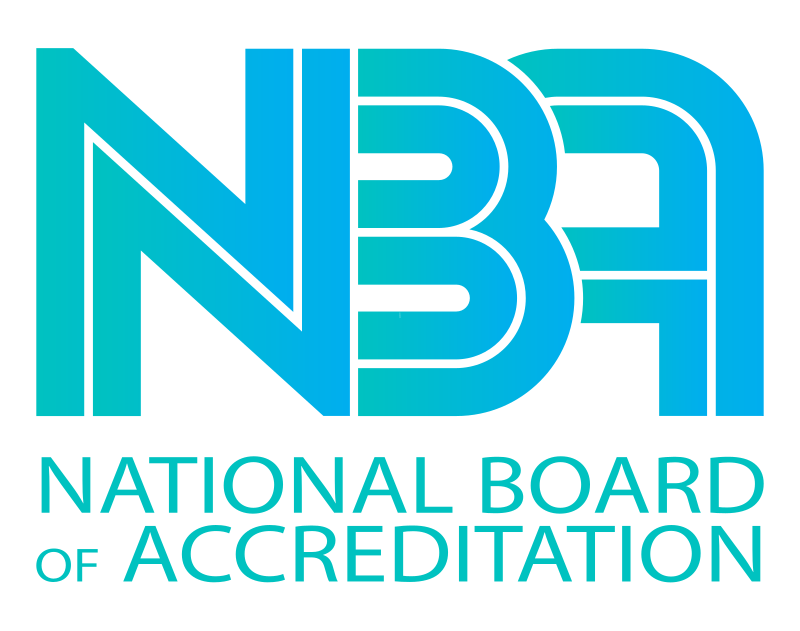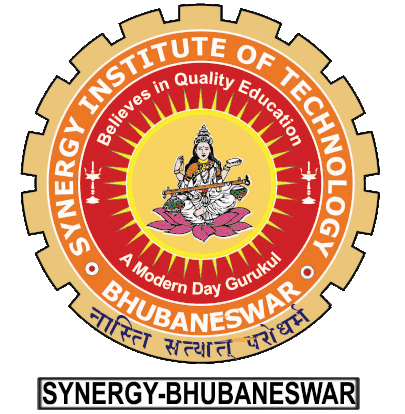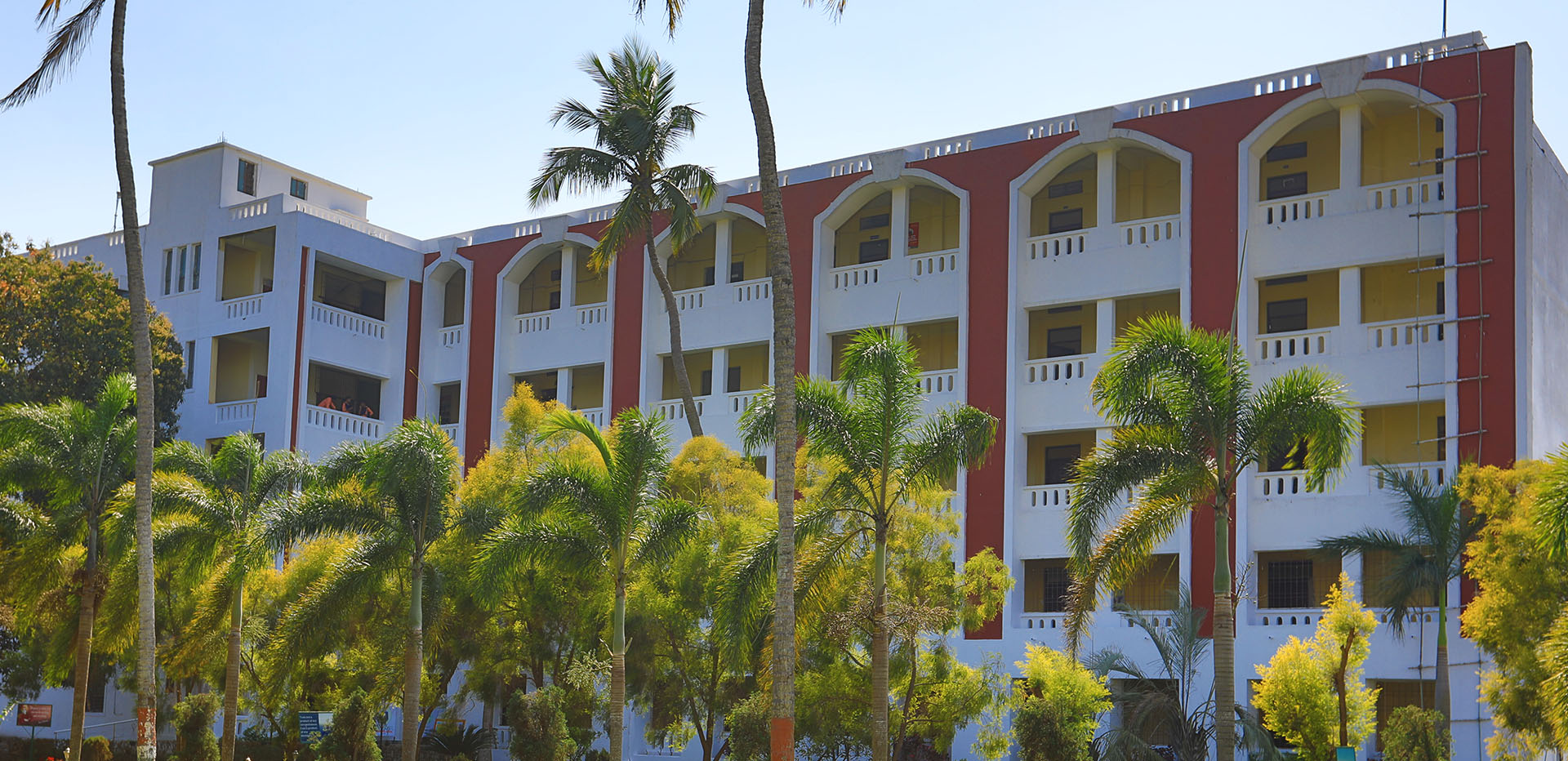
Electrical Engineering
Links:
- PEO & PSO
- OBE
- Faculty List
- Laboratories
- Industry Institute
- Scope And Objective
- Our Achievers
- Department Advisory Board
- Program Assessment Committee
- Course Outcomes
- CO, PO & PSO Mapping

Dr. Srinibas Swain
(HOD EE)
Asso. Prof.
DEPARTMENT OF ELECTRICAL ENGINEERING
The Vision :
To evolve into a Center of Excellence, producing globally competent Electrical Engineers and fostering Innovation and Research to meet the needs of industry and society.
The Mission :
- Transformation of the Department to an Academic Centre Of Excellence through continuous learning relevant to Electrical Engineering.
- To pursue Research in Electrical Engineering to meet the Industrial requirements.
- To create facility to produce Technical man power with innovative skills for societal needs.
- Establishment of tie-ups with World class Organizations and leading Educational institutions to nurture excellence in teaching and consultancy.
PROGRAMME EDUCATIONAL OBJECTIVES
PEO-1:To have strong background to pursue higher studies, communicate effectively, become efficient team members and leaders.
PEO-2:The graduate will have expertise in developing the state-of-the-art electrical allied system solutions thereby contributing the same in both National & International level.
PEO-3:The Graduate will inculcate the professional spirit & ethical attitude in his/her behavior, embracing multidisciplinary approach & addressing technological issues relevant to Electrical discipline.
PROGRAMME SPECIFIC OUTCOMES
PSO-1: Applying the fundamental knowledge of mathematics,science,electricaland electronics engineering to analyze and solve the complex problems in electrical,electronics and allied interdisciplinary areas.
PSO-2: Design,develop and implement electricaland electronics and allied interdisciplinary projects to meet the demands of industry and to provide solutions to the current real time problems.
Highlights of the Department
National Development in the field of energy plays a vital role. This role of National Development is closely associated with the development in the field of electrical and electronics engineering. Everyone is familiar with the functions that electricity can perform. Human life cannot be pleasant in the absence of electricity. It helps in daily need of our life such as heating, cooling, traction and countless other purposes. The study of electricity has been attracting the attention of scientists and engineers for hundreds of years. Theories have been developed through experiment and by observations of its behavior Our Electrical & Electronics Engineering Department is dedicated to imparting the best possible engineering knowledge and skills to its students and prepare them for playing an effective role in the development of the nation.
Increasing demand in the field of Electronics we have introduced this new course, In this fully automated world, this course which is a complete blend of technical subjects involving both Electronics and Elctrical areas seems to find its own place in providing the students with adequate knowledge and expertise.

Scope And Objective
Electrical and Electronics department is one of the recently introduced branches of Engineering in Elctronics area emphasizing the importance of Electronics in the Elctrical field.
Since Electronics being the order of the day, it is very much necessary for the young minds to get accustomed with the latest developments in Electronics field. Moreover Elctrical being one of the most important sought branches in Industrial point of view, a combination of Electronics and Elctrical would fetch high dividends for the students who take up Elctrical and Electronics as their career course.
Outcome Based Education (OBE)
Programme Outcomes
| POs | Highlight | Explanation |
|---|---|---|
| PO1 | Engineering knowledge: | Apply the knowledge of mathematics, science, engineering fundamentals, and an engineering specialization to the solution of complex engineering problems. |
| PO2 | Problem analysis: | Identify, formulate, review research literature, and analyze complex engineering problems reaching substantiated conclusions using first principles of mathematics, natural sciences, and engineering sciences. |
| PO3 | Design/development of solutions: | Design solutions for complex engineering problems and design system components or processes that meet the specified needs with appropriate consideration for the public health and safety, and the cultural, societal, and environmental considerations. |
| PO4 | Conduct investigations of complex problems: | Use research-based knowledge and research methods including design of experiments, analysis and interpretation of data, and synthesis of the information to provide valid conclusions. |
| PO5 | Modern tool usage: | Create, select, and apply appropriate techniques, resources, and modern engineering and IT tools including prediction and modeling to complex engineering activities with an understanding of the limitations. |
| PO6 | The engineer and society: | Apply reasoning informed by the contextual knowledge to assess societal, health, safety, legal and cultural issues and the consequent responsibilities relevant to the professional engineering practice. |
| PO7 | Environment and sustainability: | Understand the impact of the professional engineering solutions in societal and environmental contexts, and demonstrate the knowledge of, and need for sustainable development. |
| PO8 | Ethics: | Apply ethical principles and commit to professional ethics and responsibilities and norms of the engineering practice. |
| PO9 | Individual and team work: | Function effectively as an individual, and as a member or leader in diverse teams, and in multidisciplinary settings. |
| PO10 | Communication: | Communicate effectively on complex engineering activities with the engineering community and with society at large, such as, being able to comprehend and write effective reports and design documentation, make effective presentations, and give and receive clear instructions. |
| PO11 | Project management and finance: | Demonstrate knowledge and understanding of the engineering and management principles and apply these to one’s own work, as a member and leader in a team, to manage projects and in multidisciplinary environments. |
| PO12 | Life-long learning: | Recognize the need for, and have the preparation and ability to engage in independent and life-long learning in the broadest context of technological change. |
Focus Areas
Electronics and Instrumentation Engineering is a versatile field focuses on areas like Telecommunication, Robotics, Biomedical, Computer Control in Process applications, VLSI,Power Electronics & Drives, High Voltage, Process Control,Power Systems etc.
Job Opportunities
Elctrical and Electronics Engineers have a bright future ahead of them as they are needed by almost all Industries in various cadres like Design, Development, Fabrication, Inspection, Quality control, Maintenance and Service and so on.
Most Software MNC's also feel the importance of Automation in Electronics background and they are looking for recruiting Electronics and Electrical Engineers for their mutual concerns.
Based on all the above aspects, our college is offering a B Tech. course in Elctrical and Electronics with an intake of 60 students. The currently effectively functioning undergraduate course in Elctrical and Elctronics Engineering department along with this newly added course with always strive hard to serve the student community in all aspects.
Department has developed 4 (Four) state-of-the-art laboratories such as :
- Basic Electrical Engineering
- Basic Electronics Engineering
- Network Theory
- Analog Electronics Circuits
- Electrical Machine-I
- Power Electronics
- Digital Electronics Circuit
- Electrical Machine-II
- Electrical Power Transmission and Distribution
- Control & Instrumentation
- Power System Operation and Control
- Microprocessor and Micro Controllers Lab

Department Advisory Board (2024-25)
- It consists of program coordinator, senior faculty members, and representatives of key stakeholders.
- Headed by Programme Coordinator, receives the report of the Program Assessment Committee and reviews the progress of the program.
- It analyses current and future issues related to the program.
- Prepares and recommends new or revised program objectives.
- Program Assessment Committee congregates once a year to review the program objectives.
| Sl. No. | Name | Designation |
|---|---|---|
| 1. | Dr. Ajay Kumar Swain Dr. Srinibash Swain |
Director Professor & HOD |
| 2. | Senior Faculty Members of the Department Dr. Asit Kumar Mohanty Dr. SUBHENDU SEKHAR SAHOO |
|
| 3. | Dr. Ramesh Chandra Nayak Dr. Biswaranjan Sarangi Dr. Pankaj kumar Dash |
HOD, ME HOD, CSE HOD, CE |
| 4. | Representatives from Industry Er. Mrytunjay Biswal Er. Jeeban Mishra |
Senior Manager, OPTCL SDO, BSNL |
| 5. | Representatives from Academics Dr. Soumya Ranjan Mohanty Dr. Binod Kumar Sahu |
Professor, IIT, BHU Professor, SOA University, BBSR |
| 6. | Parent Representatives Mr. Charan Pradhan Mr. Nimai Charan Acharya |
Parents |
| 7. | Alumni Representatives Er. Biswa Ranjan Behera Er. Gouranga Charan Behera |
Alumni |
| 8. | Student Representatives Miss Ayushree Barik Mr. Animesh Pradhan Miss Little Rani Patra Mr. Rajess Kanungo | Students |



